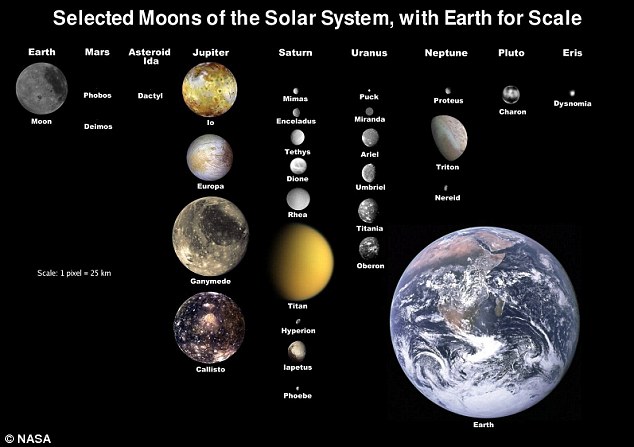What would the Earth be like without its  moon? Songwriters and poets would have one less subject, and you probably would never have heard of King Canute since there would be smaller tides (https://en.wikipedia.org/wiki/King_Canute_and_the_tide). As the website EarthSky points out, most planets have small moons relative to their size, so in most cases it would be no big deal.
moon? Songwriters and poets would have one less subject, and you probably would never have heard of King Canute since there would be smaller tides (https://en.wikipedia.org/wiki/King_Canute_and_the_tide). As the website EarthSky points out, most planets have small moons relative to their size, so in most cases it would be no big deal.
But our moon is relatively large. In addition to the obvious changes — only the sun to cause tides and no eclipses — our calendar would be completely different. Since the word month derives from moon, we would not have a calendar based on months. And our outlook on planetary exploration would be different. Without a substantial moon as a first destination, it would be much more difficult to explore our celestial neighborhood, which means our science fiction stories would be different, too.
But the biggest impact would be shorter days. Yes, because when Earth was young, it spun around on its axis much faster. At that time one day-night cycle was less than 10 hours. What slowed everything down was the constant ebb and flow of the tides. All that braking left us with a 24-hour day.
So without our moon, each day would be very different indeed.
Source: http://earthsky.org/earth/moonless-earth.
